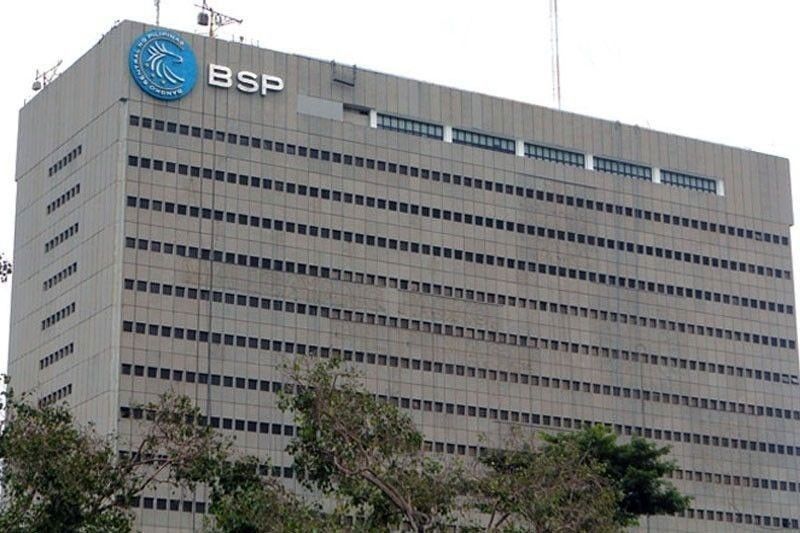BSP closely monitoring corporate balance sheets

MANILA, Philippines — The Bangko Sentral ng Pilipinas (BSP) is closely monitoring the financial conditions of companies affected by the pandemic despite the projected bounceback of the corporate sector this year.
BSP Governor Benjamin Diokno said in his weekly virtual press briefing that the health crisis has taken its toll on the corporate sector as firms reported net losses and declines in net income in 2020, reflecting the impact of the crisis on the corporate sector’s financial conditions.
“The BSP is closely monitoring the impact of the COVID-19 pandemic on the corporate sector as its financial conditions have significant implications to the formulation of sound and well-informed monetary, financial and economic policies,” Diokno said.
Data gathered from 256 firms listed in the Philippine Stock Exchange (PSE) showed declines in net income on a quarter-on-quarter basis, based on reports submitted to the Securities and Exchange Commission (SEC) as of end-September 2020.
“The health crisis has resulted in a significant decline in corporates’ ability to sustain operations and generate profits. As the crisis peaked in the second quarter of 2020, more and more firms reported losses than in previous quarters, especially in the third quarter of 2020. This reflected the deepening of the impact of the pandemic on the sector’s performance and financial conditions,” Diokno said.
The BSP chief said 70 percent of the 256 PSE-listed firms recorded declines in operational performances on a quarter-on-quarter basis, of which 97 of the 178 companies posted net losses in the third quarter of last year.
He said net losses were reported mostly by firms in the mining sector (16 of 24) followed by firms in the services sector (29 of 59), holding firms (16 of 39), industrial (19 of 62), property (10 of 26) and financial sector (six of 29).
“The deterioration of performance was observed despite the easing of quarantine restrictions in the second half of 2020.
This could be indicative of the lag effect of the pandemic and corresponding restrictions on business activities,” Diokno said.
Diokno said the holding, industrial and services companies entered the crisis with relatively high debt levels due to favorable earnings prospects prior to the pandemic.
“With the onset of the crisis, firms saw elevated debt levels. This was indicated by their debt-to-equity ratios which remained above 100 percent. With high debt levels and declining earnings, the crisis has generally weakened the debt paying capacity of firms,” he said.
As a result, some companies were forced to close or suspend their operations and at the same time reduce their workforce.
“Corporates’ stressed balance sheets may likely affect future economic activity as companies, especially those worst-hit by the crisis, would have to cope with the pandemic’s legacies,” he said.
The BSP chief said loan disbursements contracted due to risk aversion on the part of banks as well as limited business expansion plans and investments.
Likewise, the non-performing loan (NPL) ratio of the banking sector increased to 3.6 percent in the fourth quarter of last year from 2.3 percent in the first quarter due to the weakening ability of companies to service debt payments.
The BSP’s COVID-19 response measures unleashed P2 trillion into the financial system to cushion the impact of the pandemic on vulnerable firms.
“The BSP’s role has been to ensure the proper functioning of credit and financial markets and that there is sufficient liquidity to support domestic demand. Combined monetary and financial sector policy actions simply reflect the whole-of-government approach to address the effects of the pandemic,” he said.
Diokno said the corporate sector is expected to bounce back in 2021 and 2022 amid the gradual easing of business restrictions and the recovery of the Philippine economy.
However, Diokno said potential downside risks include the delays in securing adequate COVID-19 vaccines, a second wave that could lead to the reimposition of lockdown measures, and potential reversals that could translate to more insolvencies among sectors hit by the pandemic.
- Latest
- Trending






























